02:34
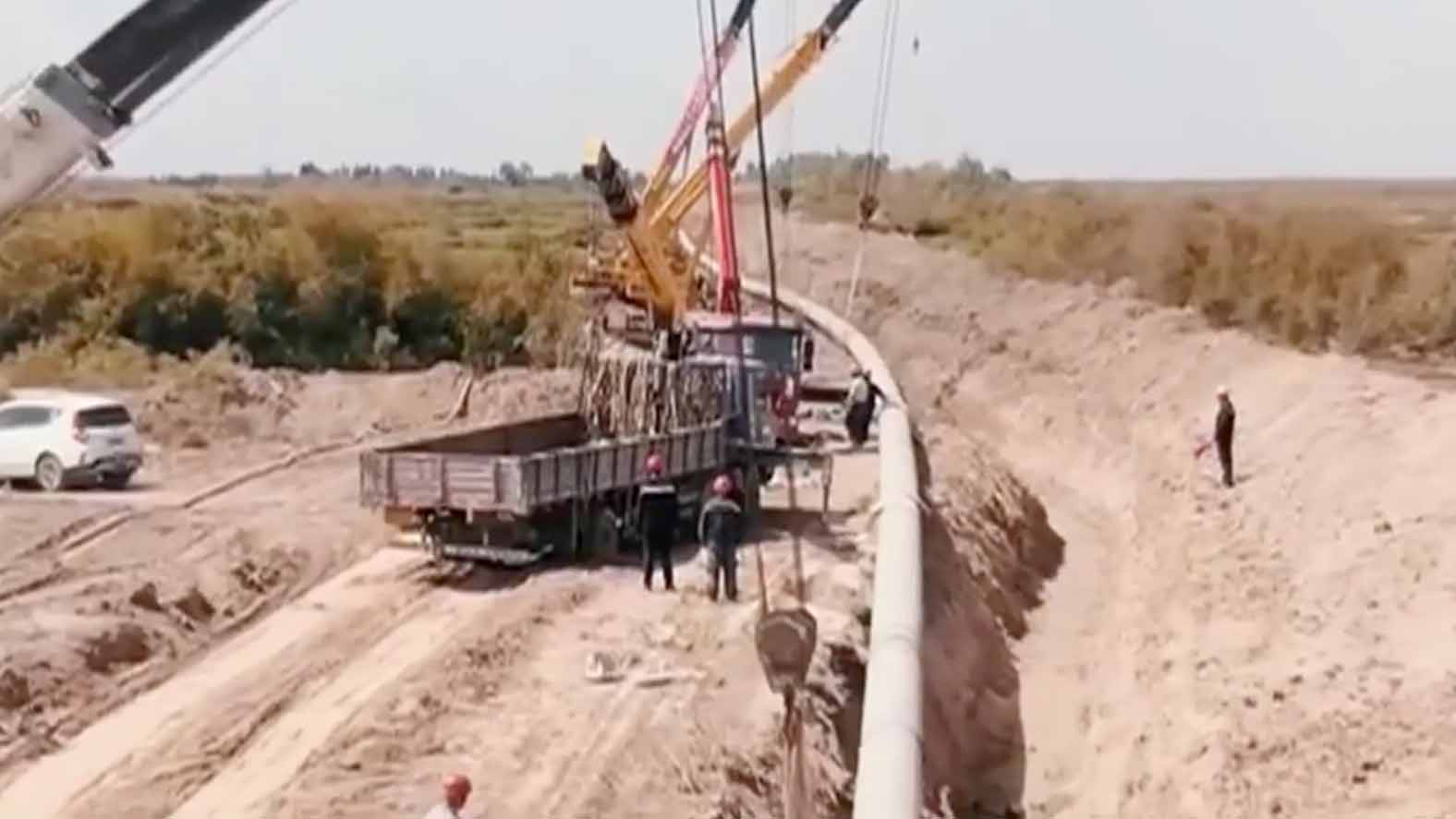
To either rinse off vegetables or heat water for tea, all it takes is a simple turn of the tap.
Bumaryem and her husband Abulaght are residents of Payzawat County.
It's one of the driest places in the Xinjiang Uygur Autonomous Region, where potable water was a rarity. They say that bitter aspect of life is now just a memory.
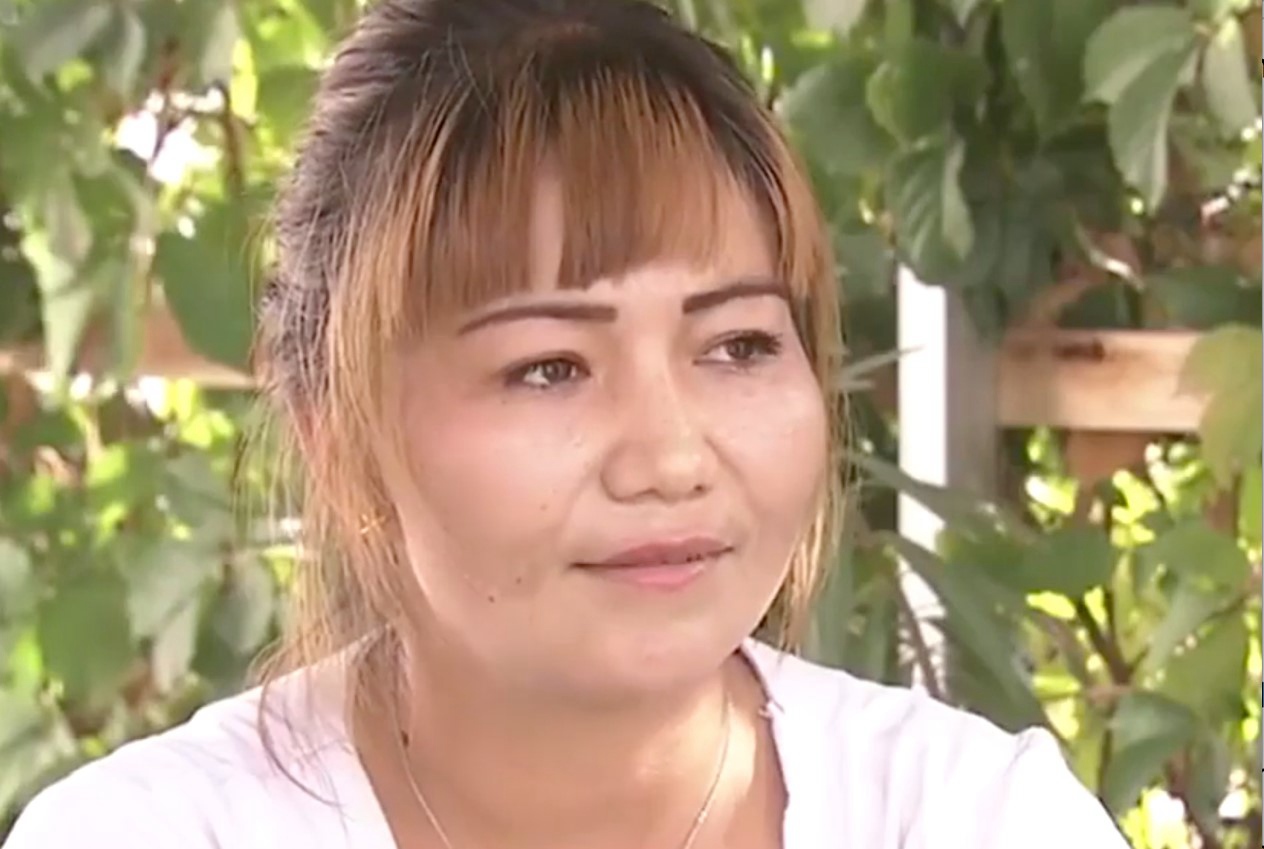
Bumaryem, resident of Payzawat County in the Xinjiang Uygur Autonomous Region, speaks to CGTN. /CGTN
Bumaryem, resident of Payzawat County in the Xinjiang Uygur Autonomous Region, speaks to CGTN. /CGTN
In the past, people here relied on surface water collected from rain, snow or river runoff. People became sick after drinking such water. They'd get hypertension and gallstones.
"We use pieces of cloth to filter out sand, leaves and worms. In the past, the water was not only dirty, but also often bitter and salty due to the soil," said Bumaryem.
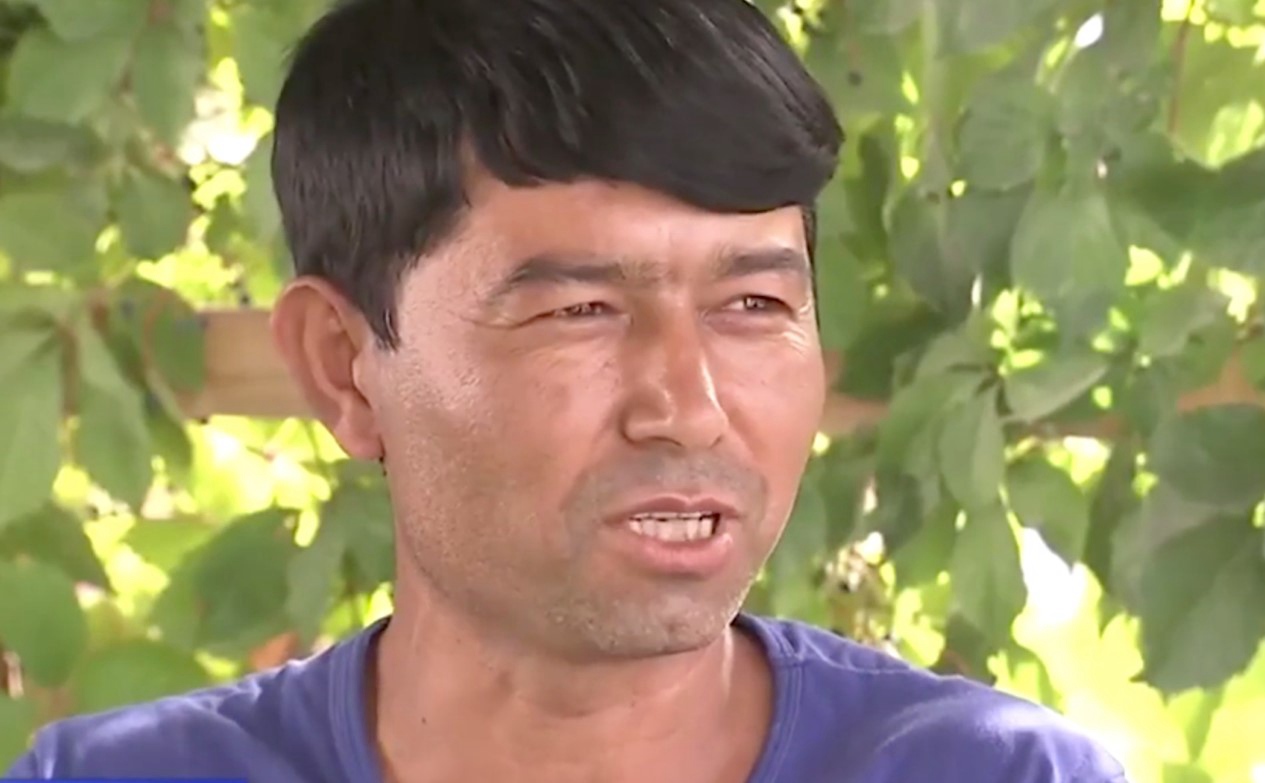
Abulaght, resident of Payzawat County in Xinjiang, talks with CGTN. /CGTN
Abulaght, resident of Payzawat County in Xinjiang, talks with CGTN. /CGTN
"The water is so good now that the rice we make with it is very delicious. We are very happy," said Abulaght.
A key issue in China's poverty eradication efforts is drinking water safety in rural areas. Payzawat County in Xinjiang is noted for its arid climate, where a safe-drinking water project is changing that.
The tap water here in Payzawat County is clean and safe. And it tastes as good as bottled water. The quality of the water is up to snuff thanks to a special safe drinking water project, making potable water a reality here in Xinjiang.
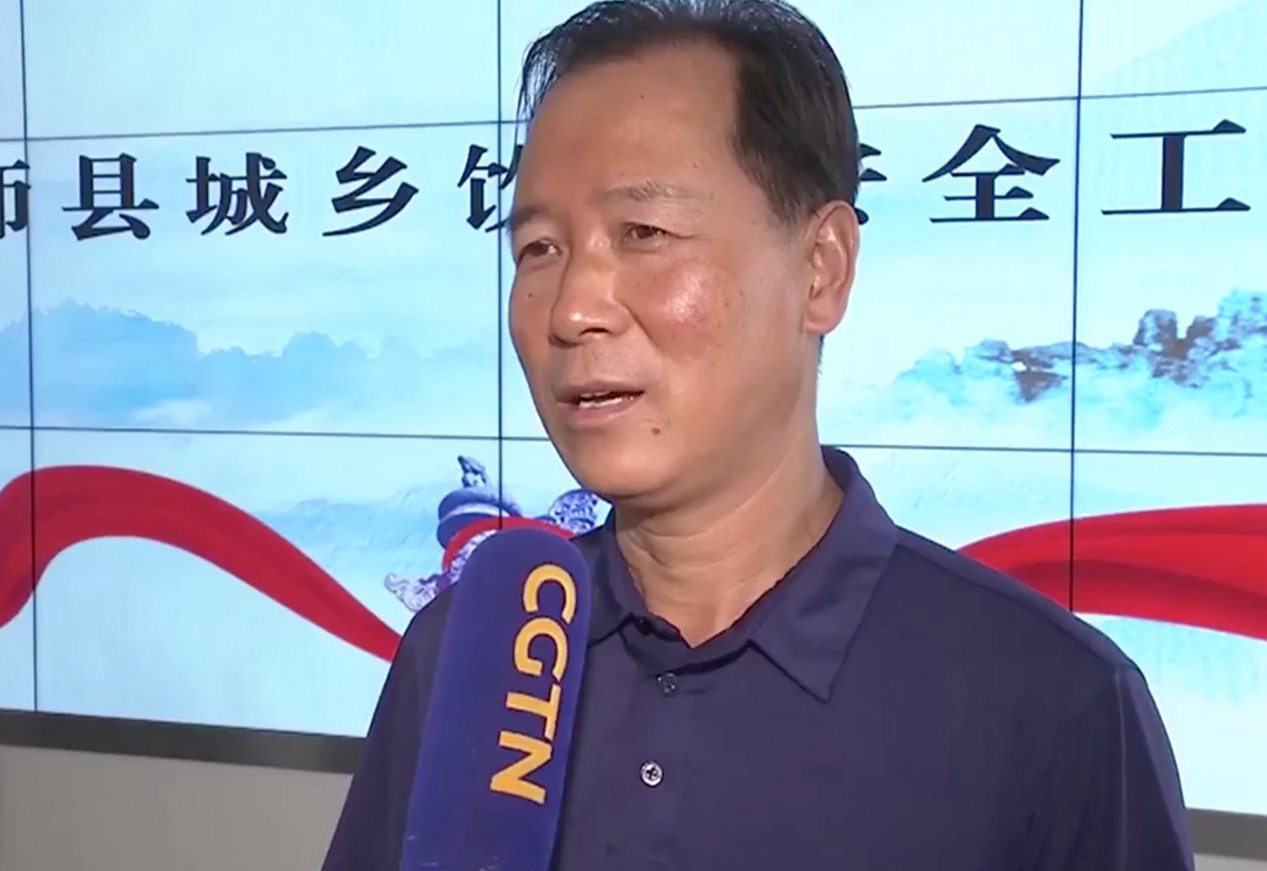
Jia Zhonghu, a local official, talks to CGTN. /CGTN
Jia Zhonghu, a local official, talks to CGTN. /CGTN
Jia Zhonghu is a county lawmaker. He said drinking water safety in rural areas has been high on the government's agenda as it is an important part of the country's anti-poverty campaign.
"Over 1.7 billion yuan ($250 million) was offered as financial support for a project started last year to bring safe drinking water to Payzawat County, with the pipelines spanning three counties and their length topping 1,800 kilometers. We have completed all the projects in less than one year, which not only ensures that all the people here can drink safe water, but also lays a solid foundation for poverty alleviation," said Jia.
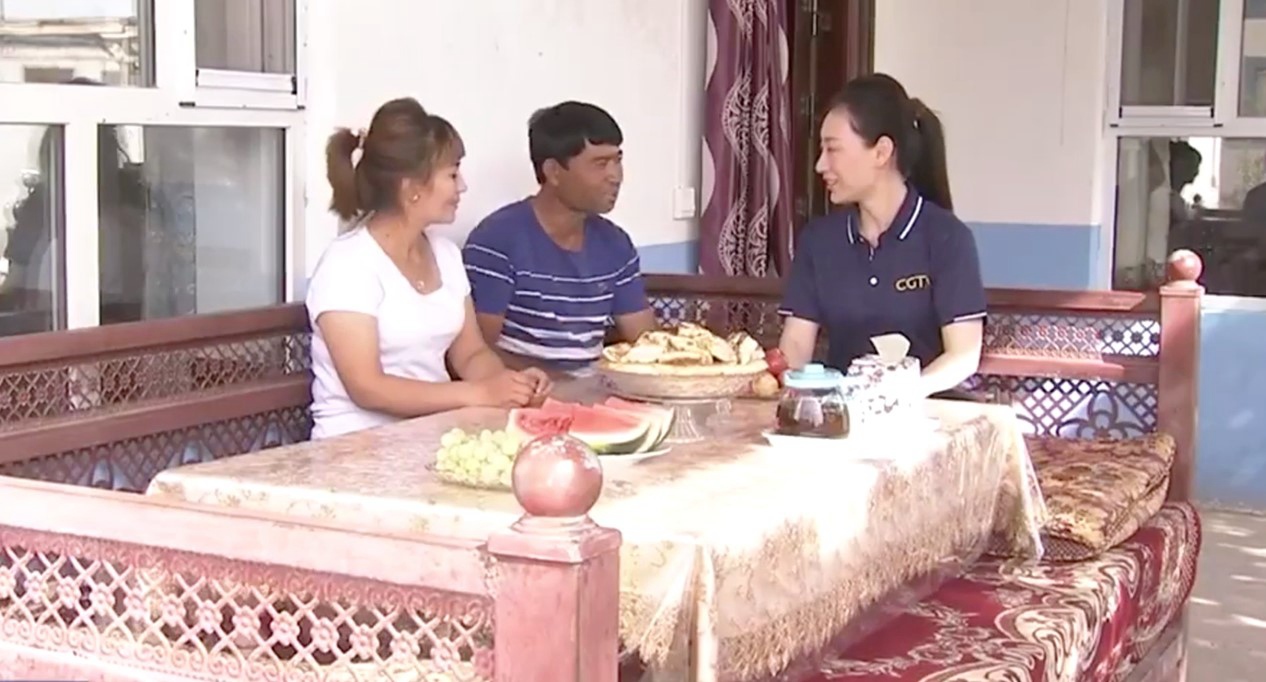
Bumaryem and her husband Abulaght receive an interview with CGTN. /CGTN
Bumaryem and her husband Abulaght receive an interview with CGTN. /CGTN
Payzawat County is one of the regions in China worst hit by the shortage of safe drinking water, mainly due to its harsh natural conditions. Previously, Payzawat remains the only county in Xinjiang to face the drinking water problem. Now, the completion of the project has marked the availability of safe tap water for all households here.
Before the late 1990s, most people in Xinjiang relied on surface water. In the late 1990s, wells were drilled, water towers erected and small water treatment plants constructed, offering millions of people access to cleaner water. By the end of 2019, more than 1,300 centralized water supply projects have been constructed across Xinjiang, which have benefited some 13 million people in poverty alleviation efforts.